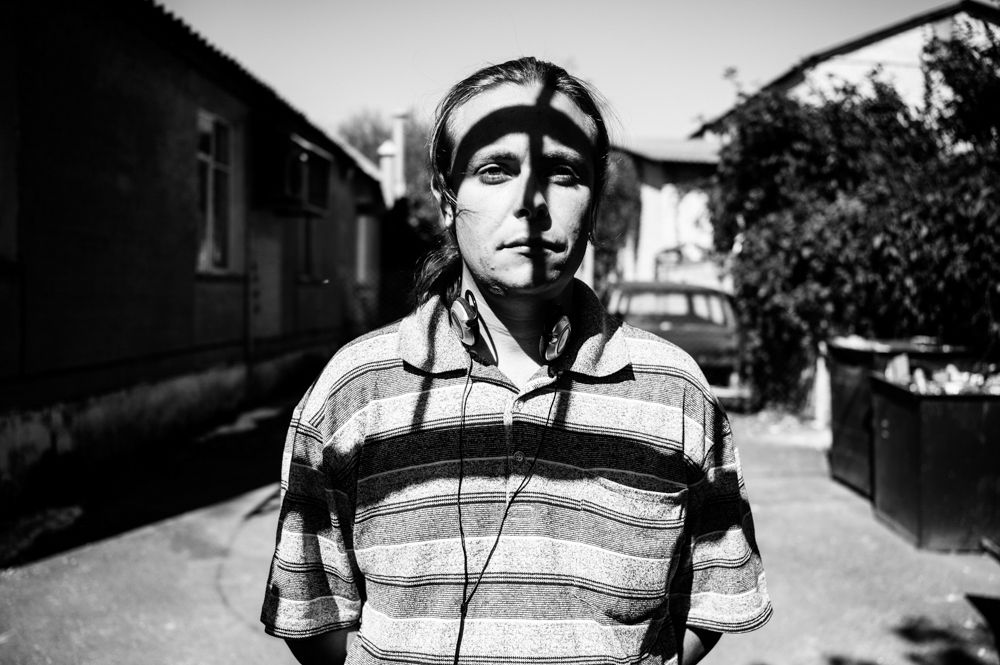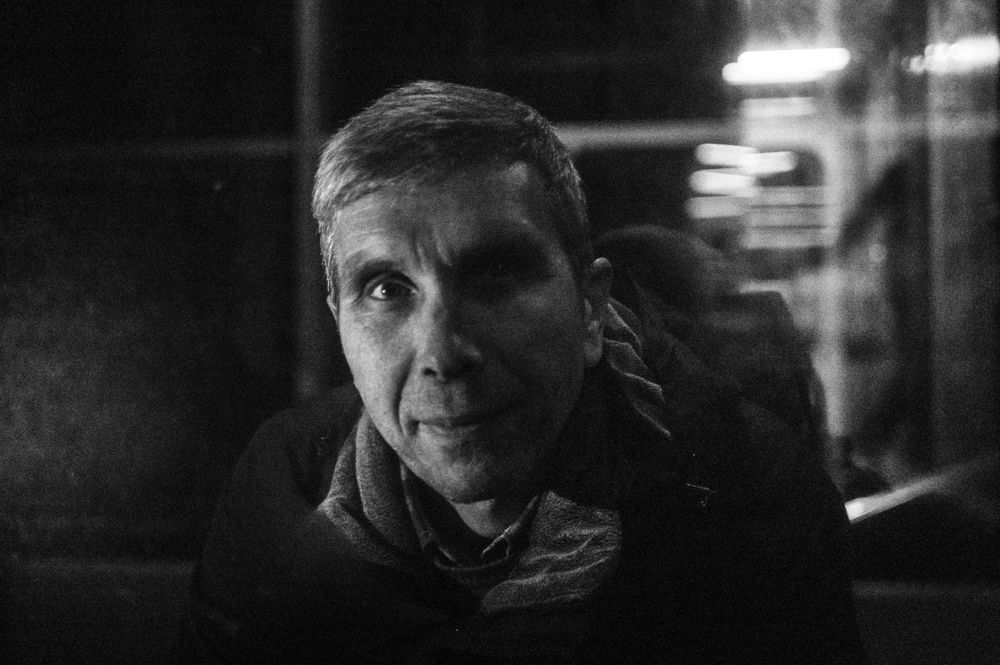Under Ukrainian rule, Crimean doctors provided intravenous drug users with methadone, a heroin substitute, and buprenorphine, a drug used to ease dependence. Since many of intravenous drug users are HIV positive and have Hepatitis C needle-exchange programs were also widespread. According to Russian legislature substitution therapy is not a legal option for treatment of drug dependence, and needle-exchange programs are not supported.
Faced with a grim choice, a few dozen people have moved to Kiev. There they had to spend weeks earning confidence of doctors to receive several doses of methadone at a time rather than travel for hours across the city every day to get one dose. Of those who remained in Crimea, some returned to drug use, others committed suicide or overdosed. And now, many international health experts fear the number of those infected with HIV and Hepatitis C will increase too.



















